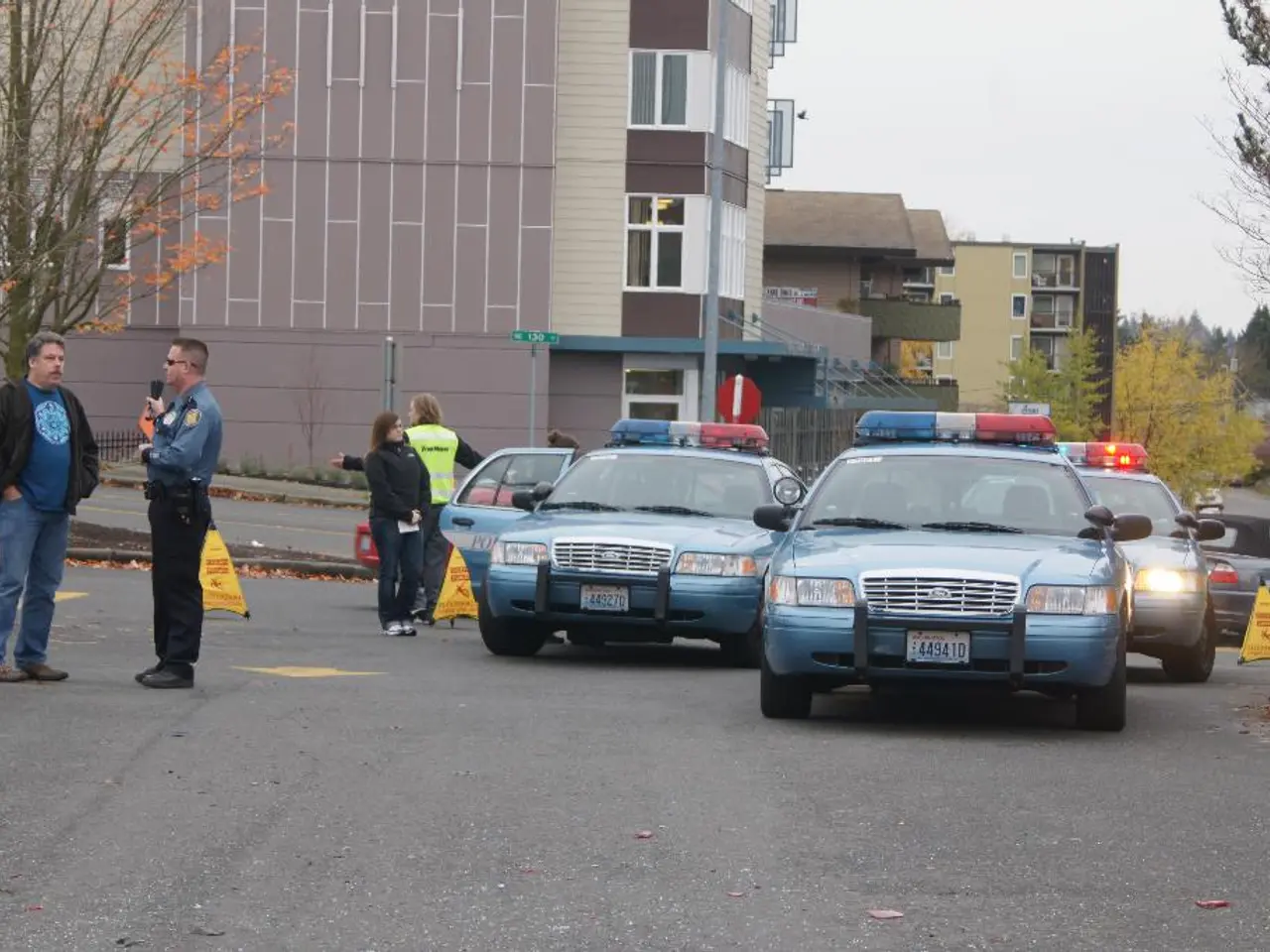Increasing concerns surround Turkiye's border regarding the potential for a 'second Chernobyl' at Armenia's Metsamor Nuclear Power Plant.
The Metsamor Nuclear Power Plant, located in Armenia, has been identified as a high-risk facility due to its aging Soviet-era design, lack of a modern containment dome, and critical location in an earthquake-prone zone. Experts have often described it as a "ticking nuclear time bomb" or "Chernobyl in waiting" due to its vulnerability to seismic activity[1][2].
Key current concerns include the plant's seismic vulnerability, outdated technology, and the risk of nuclear contamination. Metsamor lies directly within an active earthquake zone and has no containment dome to prevent radioactive release in case of an accident[1][2]. Built in 1976 with Soviet-era technology, the plant's infrastructure is considered precarious, especially given Armenia’s limited economic resources to fully modernize it[1][2]. Experts warn that a meltdown could lead to long-term widespread soil, air, and water pollution across the region, affecting not just Armenia but neighboring countries[1][2].
Recent upgrades as part of a major overhaul aim to extend the plant’s operational life beyond 2026 with improved safety systems, including a new cooling system for security, inspection and maintenance of components, and enhanced operational protocols[3]. International support from organizations including Rosatom, EU, and US companies has targeted strengthening operational safety and upgrading training simulators[3]. However, the fundamental seismic risks and old design remain major concerns, and experts continue to advocate for international involvement to ensure continued upgrades or eventual decommissioning[2][3].
In 2019, Turkey's main opposition party, the Republican People's Party (CHP), submitted a motion in parliament to investigate the potential cross-border risks posed by the Metsamor plant[4]. Dr. Peter Marko Tase, a regional analyst, described the Metsamor plant as a "ticking nuclear time bomb" and a potential "Chernobyl in waiting," citing its outdated infrastructure and location in an earthquake-prone zone[5]. In 1995, an adviser to the Armenian parliament's environmental committee expressed deep concerns about the reopening of the Metsamor plant, stating that an accident could be catastrophic for Armenia[6].
Russia's state nuclear agency, Rosatom, is expected to carry out a modernization project valued at over $65 million, but experts have questioned whether Moscow will follow through with the agreement signed with the Armenian government in December 2023[7]. Critics maintain that the Metsamor plant's Soviet-era design, proximity to seismic fault lines, and reliance on Russian oversight make it a continuing risk not only to Armenia but to the broader Southern Caucasus and beyond[1][8].
In summary, while modernization efforts are underway to improve safety at Metsamor, the inherent risks related to its Soviet-era design, location in a seismic zone, and lack of a containment dome sustain fears of a potential catastrophe comparable to Chernobyl. Continuous international cooperation and possibly transitioning to newer, safer energy alternatives will be crucial to mitigate this risk[1][2][3].
References:
- BBC News
- The Guardian
- Armenpress
- Anadolu Agency
- Dr. Peter Marko Tase
- Armenian Weekly
- ArmeniaNow
- Chernobyl Disaster
- Beyond Armenia, experts worry about the potential impact of the vulnerable Metsamor Nuclear Power Plant, as a meltdown could lead to long-term pollution affecting neighboring countries.
- Turkey's main opposition party in Ankara, the Republican People's Party, has raised concerns about the cross-border risks posed by the outdated Metsamor plant in Armenia.
- Despite modernization efforts, the fundamental seismic risks and Soviet-era design of the Metsamor plant remain key concerns for experts, pushing for international involvement to ensure continued upgrades or decommissioning.
- In the face of these risks, experts contend that continued international support is crucial for implementing safety improvements and potentially transitioning to cleaner, modern energy solutions in Turkiye and the broader region.
- Current international efforts include strengthening operational safety and upgrading training simulators for the Metsamor plant, with support from organizations like the European Union and US companies.
- A potential nuclear catastrophe at Metsamor would not only have devastating environmental consequences for the Southern Caucasus but could also put the regional climate-change and industry efforts at risk due to the contamination of air, soil, and water.
- While Russia's Rosatom is set to modernize the Metsamor plant for over $65 million, skepticism remains about Moscow's commitment to the project, which could leave the plant's risks unaddressed and persist as a source of concern for science, environmental science, and finance stakeholders.




